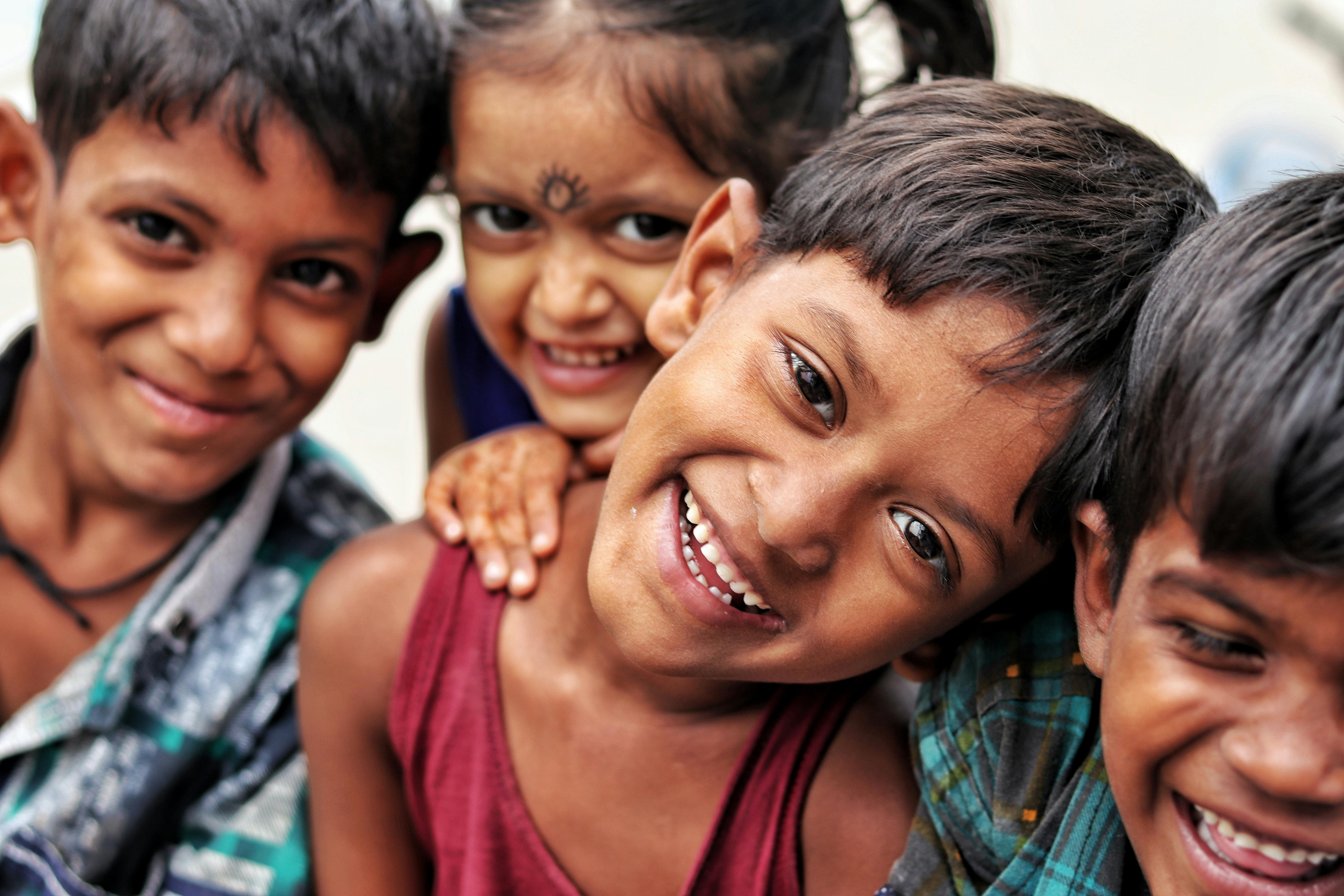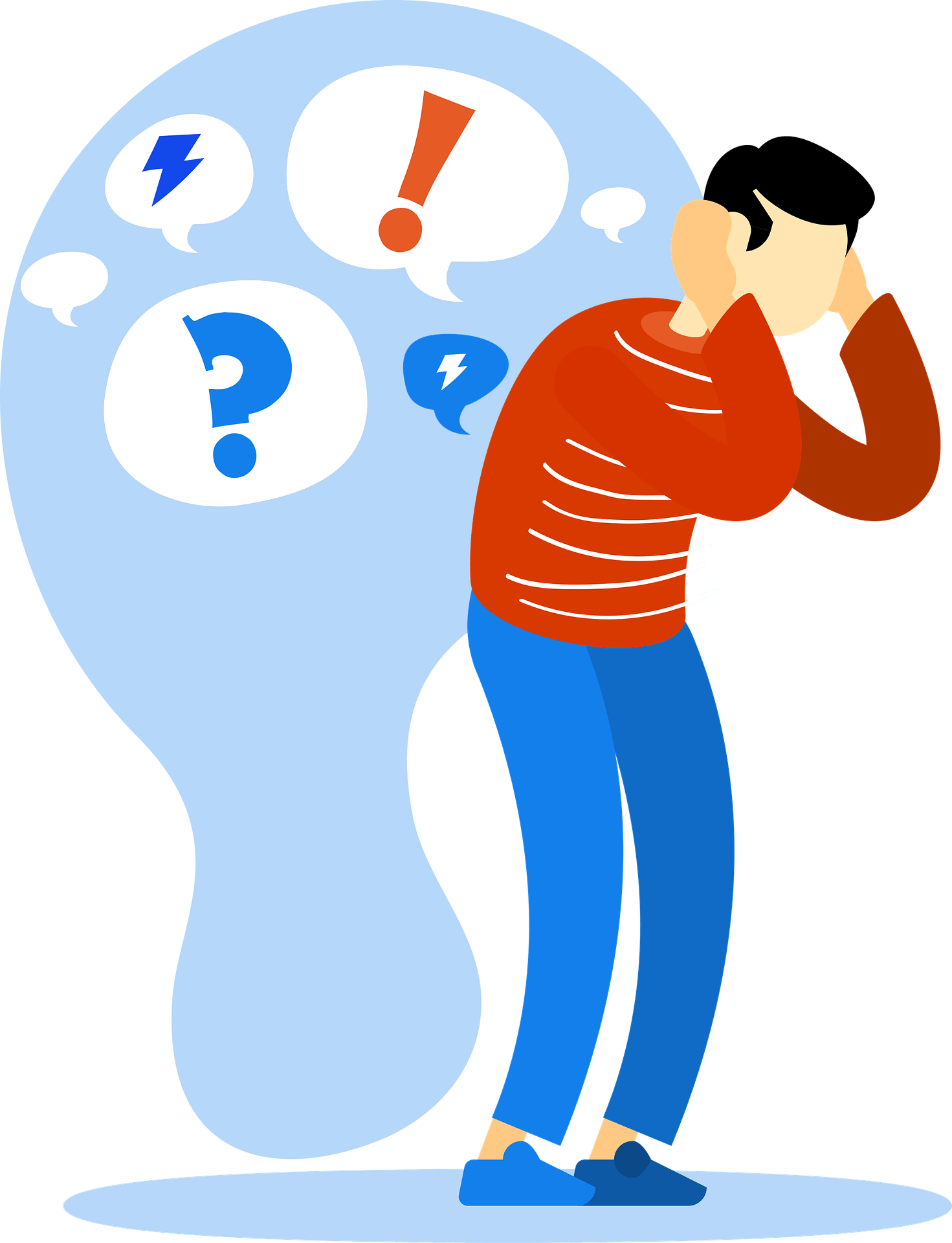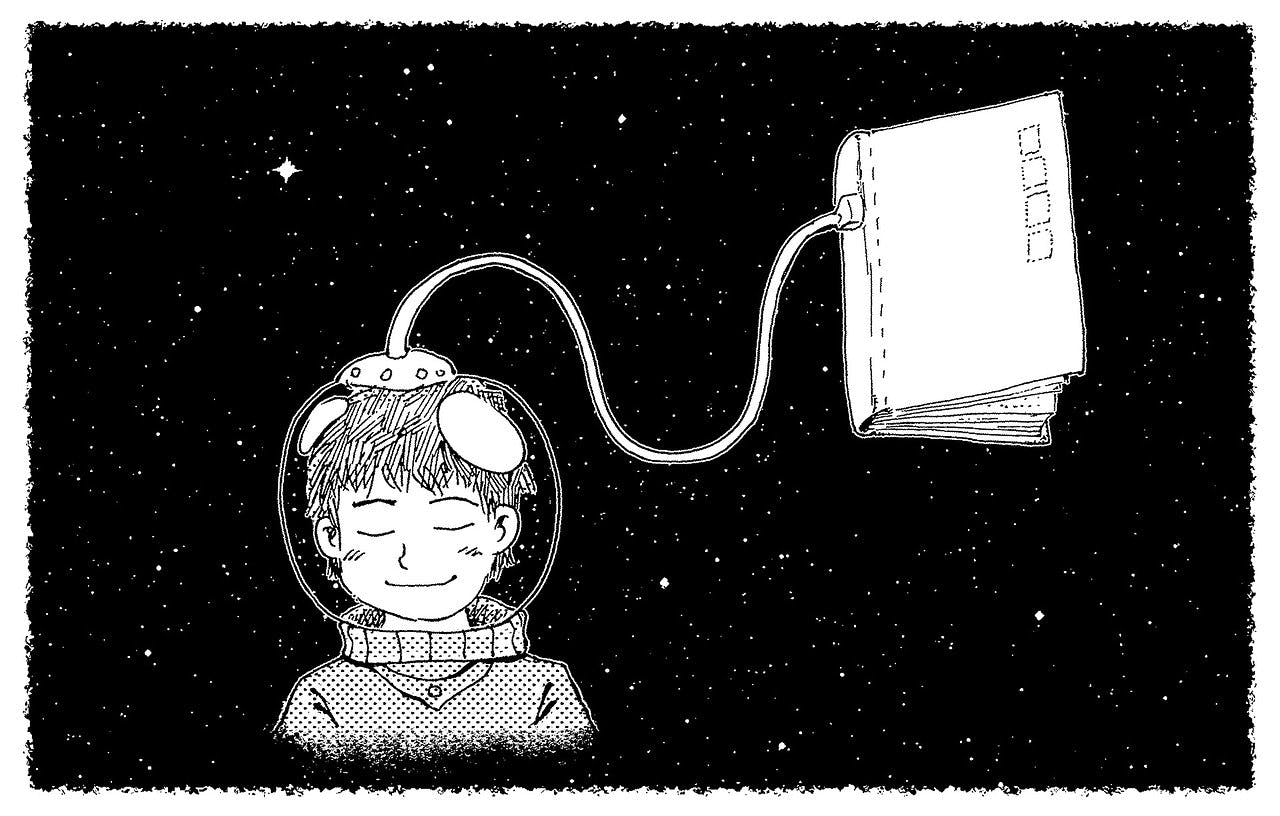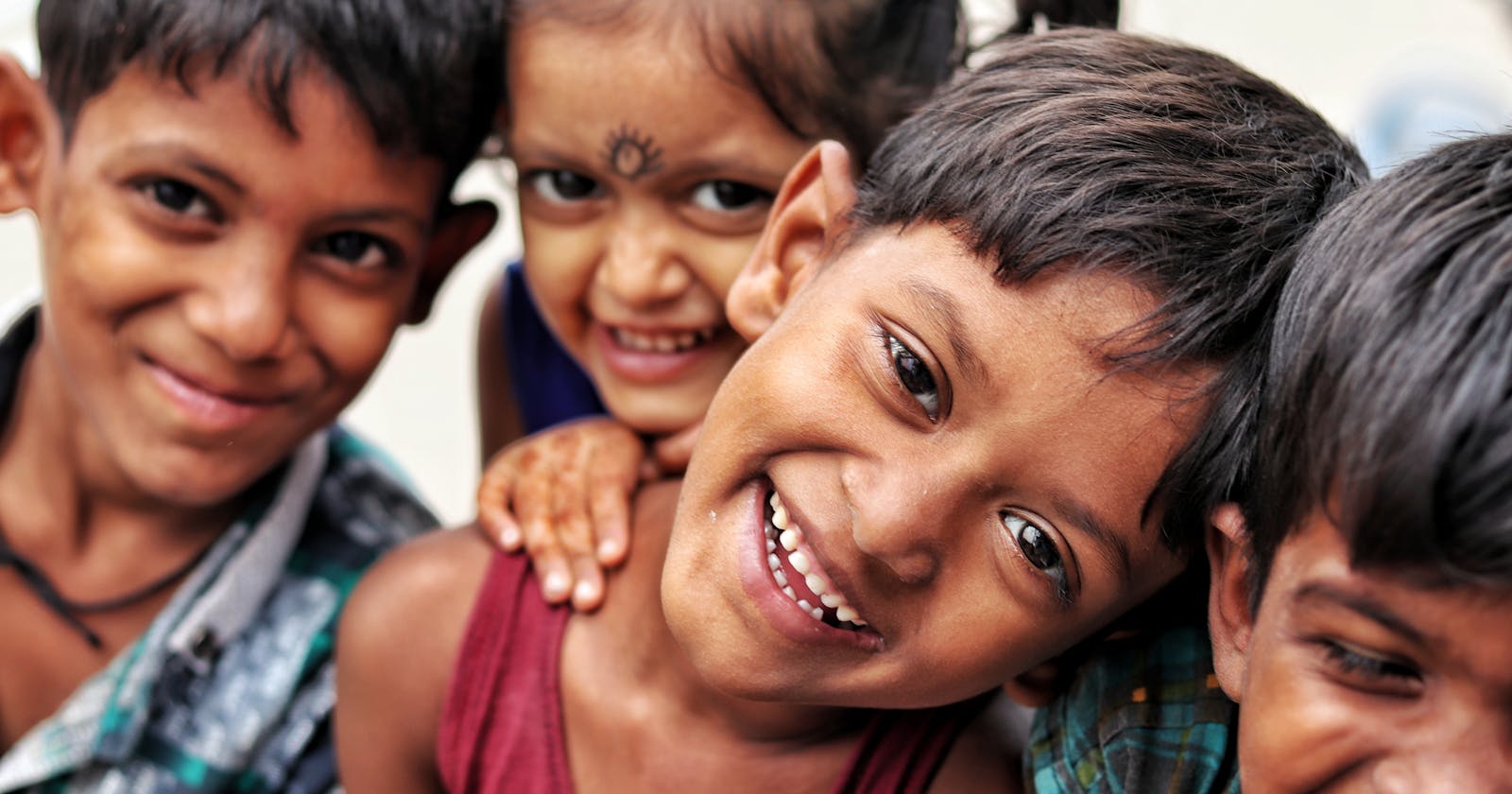
When you look at a child, what do you see? A blank mind mirroring whatever it sees or it is given? A functional part of the society? An easily moldable structure to fit the norms of the society?
Biologically, a child is a human being between the stages of birth and puberty, or between the developmental period of infancy and puberty. The legal definition of child generally refers to a minor, otherwise known as a person younger than the age of majority. (Wikipedia)
A lot of things make up a child as the distance between infancy and puberty is a large one. In our part of the world (Africa), we see the child as a naïve, untroubled, and untainted individual, and this leads us to believe that children are neither mentally aware nor affected by mental disorders, and in extreme cases where obvious mental distress or disorder is affecting the child, we tend to blame it on other areas of our beliefs (religion, metaphysical powers, curses, and hexes, etc.) excluding the possibility of it being a mental disorder as we have come to believe that children are the noblest amongst us and can't be tainted by such darkness we see mental disorders as.
Most of the time, due to negligence you ignore the signs that are present in children while they're still mild until they become severe issues. Signs range from simple things such as loss of weight to outbursts or extreme irritability, the main goal is to know what to look for.
 You might still wonder what kind of mental disorders affects children, there are various types with various symptoms and various ways in which they affect the child. Some of these disorders include:
You might still wonder what kind of mental disorders affects children, there are various types with various symptoms and various ways in which they affect the child. Some of these disorders include:
• Eating disorders: This is a preoccupation with an ideal body type, disordered thinking about weight and weight loss, and unsafe eating and dieting habits. Eating disorders such as anorexia nervosa, bulimia nervosa, and binge-eating disorder can result in emotional and social dysfunction (low self-esteem, body criticism, malnutrition to the point of starvation) and life-threatening physical complications (cease in the menstrual cycle, osteoporosis, kidney problems, mild anemia).
• Attention-deficit/hyperactivity disorder (ADHD): Compared with most children of their age, children with ADHD show difficulty with attention, impulsive behaviors, hyperactivity, or a combination of these problems.
• Anxiety disorders: Children with anxiety disorders show persistent/constant fears, worries, or anxiety that affects their ability to participate in play, school, or typical age-appropriate social activities. Diagnosis includes social anxiety, generalized anxiety, and obsessive-compulsive disorders.
• Autism spectrum disorder (ASD): Autism spectrum disorder is a neurological condition that appears in early childhood, usually before age 3. Although the severity varies, children with this disorder have difficulty communicating and interacting with others.
• Post-traumatic stress disorder (PTSD): Children can also have PTSD due to prolonged emotional distress, anxiety, distressing memories, nightmares, and disruptive behaviors in response to violence, abuse, injury, or other traumatic occurrences they encounter.
• Depression and other mood disorders: Depression is persistent feelings of sadness and loss of interest that disrupt a child's ability to function in school and interact with others. Bipolar disorder in children results in extreme mood swings between depression and extreme emotional or behavioral highs that may be risky or unsafe.
A lot of these disorders carry symptoms that you see every day, so before deciding a child is losing concentration in school because he/she is too playful and is deserving of punishment, or your child is picky with foods to the point of malnutrition/starvation, or your child complains too much of nightmares and hates sleeping alone, you might want to get a good grasp if your child has a disorder.
Stigmatization is a hindering factor in our society and makes a lot of parents dismiss the idea of seeing a medical professional concerning their child until symptoms get severe. However, as with all conditions, early intervention goes a long way in helping the child. If you notice some of these symptoms in your child, seek medical help, gather information by talking to your child's teachers, friends, and those with who they frequently come in contact if they notice changes in your child's behavior.
 ## A child's mental health is very important as it determines how well they would live as adults. And as we learned while growing up, "children are the leaders of tomorrow" and it takes a mentally healthy person to lead.
## A child's mental health is very important as it determines how well they would live as adults. And as we learned while growing up, "children are the leaders of tomorrow" and it takes a mentally healthy person to lead.

